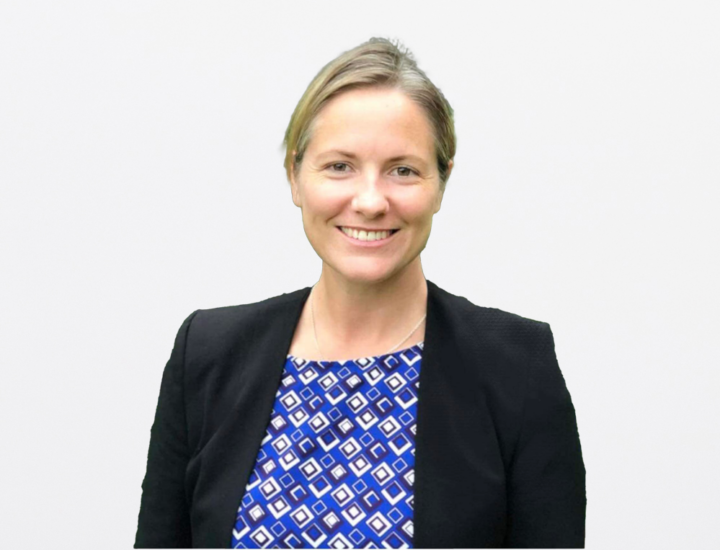Join us as we co-host this webinar with the World Health Organization (WHO) to discuss their work in advancing health equity for people with disabilities.
WHO’s Global Report on Health Equity for Persons with Disabilities demonstrates that people with disabilities – an estimated 16% of the global population – still experience health inequities due to unjust or unfair conditions, including attitudinal, institutional, and physical barriers, at all levels of health systems. The report calls on decision-makers at all levels of the health sector to take action on disability inclusion in health systems strengthening efforts at country level.
In November 2024, the World Health Organization (WHO) published Health Equity for Persons with Disabilities – Guide for Action (Disability Inclusion Guide for Action). This tool provides practical guidance on the process that ministries of health should lead on to integrate disability inclusion into health systems governance, planning, and monitoring processes. It serves as the foundational resource to enable ministries of health and partners to implement the recommendations in the Global Report. It also supports Member States to meet commitments to “leave no one behind” and achieve the highest attainable standard of health for all people, as outlined in the Sustainable Development Goals, the CRPD, and the World Health Assembly resolution 74.8.
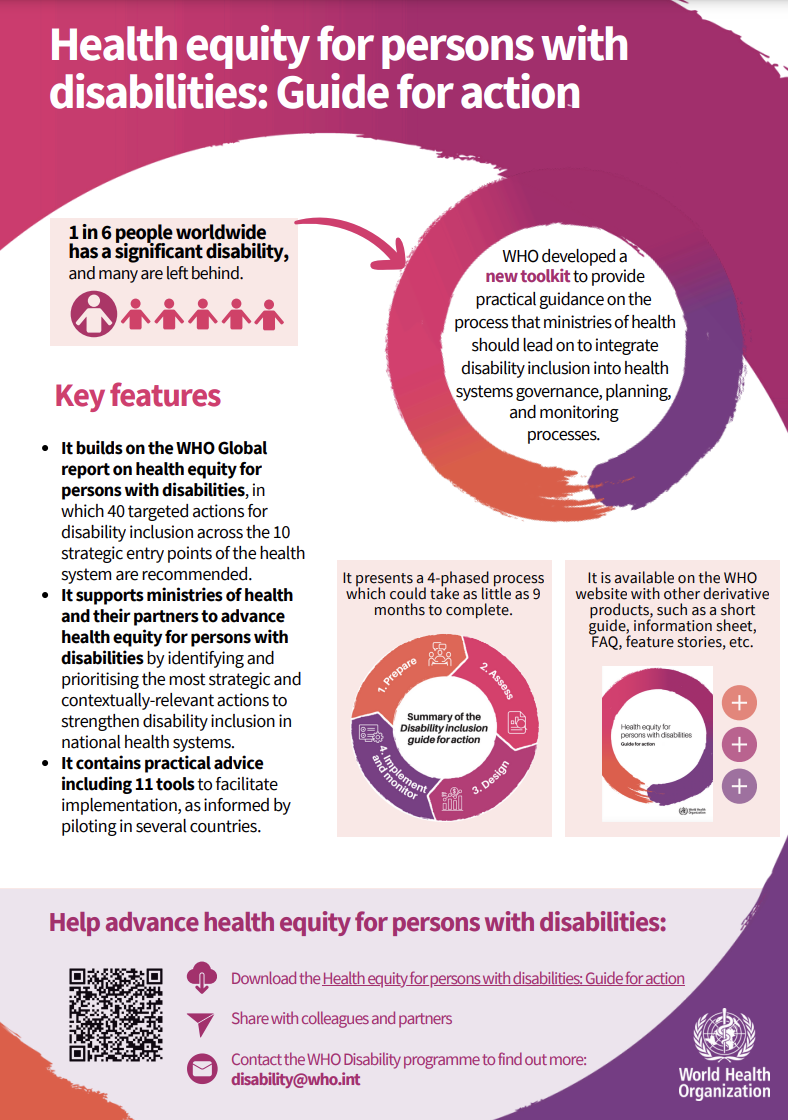
How to register

Join us on Tuesday 28th January from 2 to 3:30pm AEDT to discuss the Global Report and Toolkit with WHO leads on Health Equity and representatives from Nepal and Solomon Island Ministries of Health implementing health equity initiatives.
Live captioning will be provided at the event. Other accommodations upon request.
Speakers:
- Mr Darryl Barrett – Technical Lead, Department of Noncommunicable Diseases, Rehabilitation and Disability, World Health Organization
- Ms Emma Pearce – Consultant, Department of Noncommunicable Diseases, Rehabilitation and Disability, World Health Organization
- Mr Wong Yoon Loong from National Council for the Blind, Malaysia
- Mrs Nistha Shrestha – Chief of the Leprosy Control and Disability Management Section (LCDMS), Epidemiology and Disease Control Division, Ministry of Health and Population, Nepal
- Mrs Elsie Taloafiri – Director of the National Rehabilitation and Disability Division, Ministry of Health & Medical Services, Solomon Islands
- Larissa Burke, Senior Adviser (Gender Equality, Disability & Social Inclusion), Global Health Division, Australian Government Department of Foreign Affairs and Trade
Meet our speakers
Mr Darryl Barrett
Technical Lead, Department of Noncommunicable Diseases, Rehabilitation and Disability, World Health Organization
Darryl currently leads the disability programme at the World Health Organization Headquarters in Geneva. He is responsible for the development of technical guidance, advocacy, and capacity building on disability inclusion in the health sector among WHO, Member States and partners.
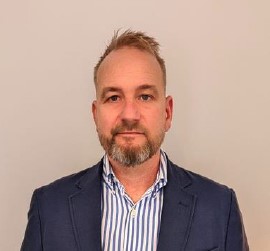
Ms Emma Pearce
Consultant, Department of Noncommunicable Diseases, Rehabilitation and Disability, World Health Organization
Emma works as a Gender & Inclusion Consultant providing technical support and advice to a range of organizations, including UN agencies and NGOs operating humanitarian contexts. She has over 15 years of experience working with populations affected by crisis and conflict.
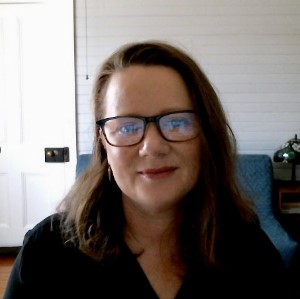
Mr Wong Yoon Loong
National Council for the Blind, Malaysia
Mr. Wong Yoon Loong is currently the executive director, National Council for the Blind, Malaysia (NCBM). He is 1 of four (4) representatives from Malaysia to the World Blind Union (WBU) and has been appointed as the Chair of the ICT and Consumer Products Committee for World Blind Union Asia-Pacific (WBUAP). In September 2024, he was elected as the Deputy Chair of Disabled People’s International Asia-Pacific (DPIAP) for the ASEAN Region.
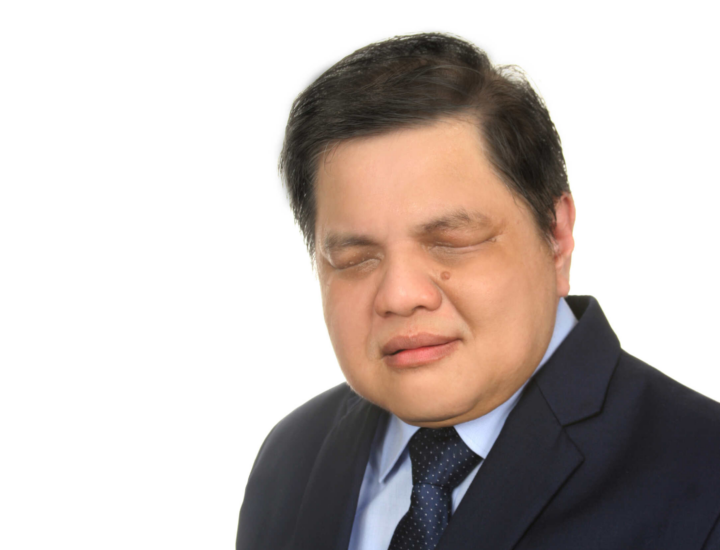
Ms Nistha Shrestha
Chief of the Leprosy Control and Disability Management Section (LCDMS), Epidemiology and Disease Control Division, Ministry of Health and Population, Nepal
Nistha Shrestha, Co-Chief Physiotherapist at the Ministry of Health and Population, Government of Nepal, has over a decade of experience in her field. She is currently at the forefront of developing national policies, standards, and guidelines to promote disability-inclusive health and rehabilitation services, including assistive technology.
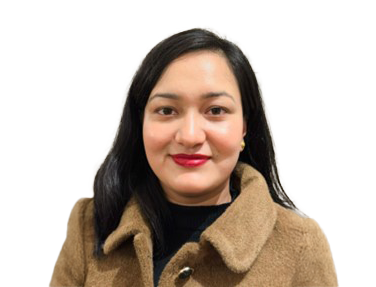
Mrs. Elsie Taloafiri
Director of the National Rehabilitation and Disability Division in the Ministry of Health & Medical Services in the Solomon Islands
She is leading the Ministry’s work on disability inclusion across the health sector, in partnership with a wide range of disability organizations and stakeholders. Elsie will be sharing some of the actions being taken to make health services more inclusive and accessible to persons with disabilities in the Solomon Islands.
Ms Larissa Burke
Senior Adviser (Gender Equality, Disability & Social Inclusion), Global Health Division, Australian Government Department of Foreign Affairs and Trade
Larissa Burke is the Gender Equality, Disability and Social Inclusion (GEDSI) Senior Advisor and First Nations health focal point with DFAT’s Global Health Division. As part of her role, she advises on the integration of gender equality and social inclusion into DFAT’s health programming and supports teams to address social inequities and embed the engagement of First Nations Australians into programs, facilitating improved outcomes on health equity in health policy and programming.

Ms Sally Cobb
Chair of ADDC – Moderator of webinar
Sally is an independent consultant and brings over 20 years of diverse experience across disability inclusion, international development and broader human rights issues, with geographical experience in the Pacific and South East Asia.
